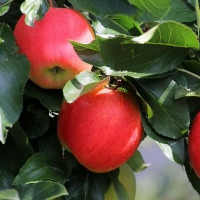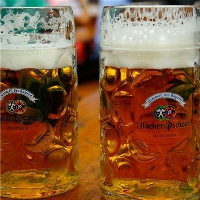Grade point of 5-point system=∑ (5.0 grade point corresponding to the 100 point system of each course × credits of each course) ÷ ∑ credits of each course. The grade point of a university is a sign that reflects college students' learning in school. It is a five point system. The common calculation method of most schools is: grade point=score/10-5 average credit grade point. The conversion method is to multiply the grades of each subject by the grade points, and then divide it by the total credits.
Comparison Table of Grades
5-point system
The number of grade points is normal
If the GPA is 5, 4 is excellent, and 3 is normal. If the GPA is 4, 3.5 is excellent, and 2.5 is normal.
Generally speaking, 60-69 points are scored at 1.0, 70-79 at 2.0, 80-89 at 3.0, and 90-100 at 4.0. There are many courses in the university, and the final grade is based on the GPA. The GPA is between 1-2 and the lower grades. Most subjects are just passed, and a few are 70 points. The grade point is between 2-3 and the score is medium. Most students have more than 70 points in the scientific examination.
As the most important indicator reflecting the learning achievements of college students, the university grade points are of great importance. They are inextricably linked with the grade points, ranging from guaranteed postgraduate education, postgraduate examination, scholarship and graduation.
First of all, it should be clear that the most important task for college students as students is to learn. Therefore, the indicators that can reflect the learning achievements must be the most important indicators for evaluating students.
The grade points can intuitively reflect the curriculum difficulty, curriculum importance and other dimensions. Generally speaking, we hope that students' degree courses can achieve more than 70 points, which is equivalent to 2.0 GPA. Plus the weight factor of credits, it can reflect students' learning more comprehensively.
What's the use of grade points
1. It is related to research guarantee and going abroad
At present, there are many college students who will actively take the postgraduate entrance examination during their school days. However, if some college students perform very well, they may directly guarantee the postgraduate entrance examination, or even send them abroad.
However, if you want to get such an indicator, you need to have a very outstanding performance in a certain discipline. The total score of the university GPA is 4. If you can reach 3.8, you will be a student bully. If you can reach 3.7, you will be an excellent basic discipline.
The higher the grade point, the higher the probability of obtaining guaranteed research and being exceptional. If you say your grade point is very low, it is totally impossible to stand out from the crowd.
2. It's about getting scholarships
In order to encourage college students, there will be many awards, and the selection of scholarships is based on the level of merit points.










